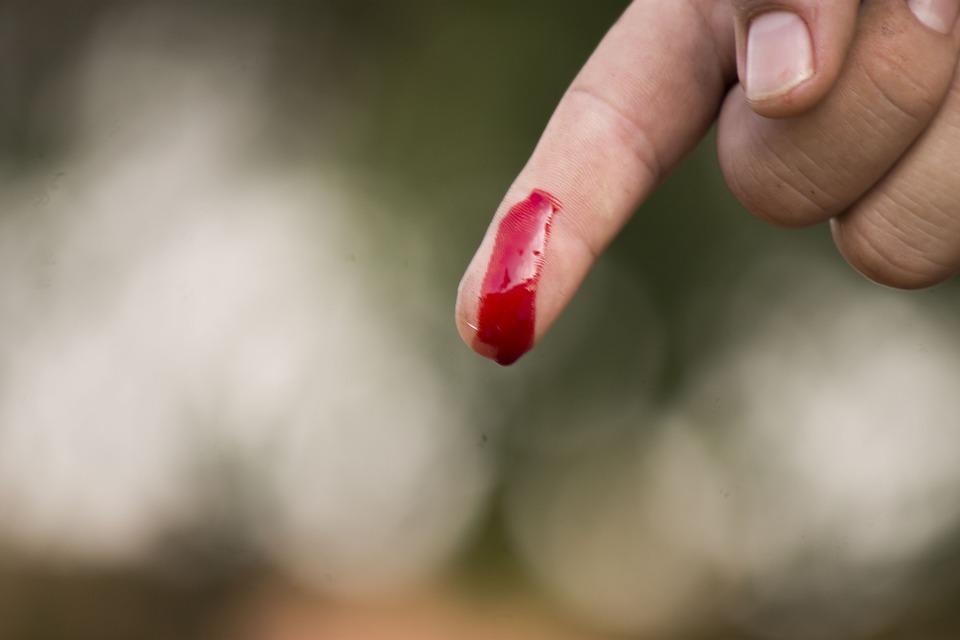A technology that could run thousands of medical tests using only a single drop of blood sounded too good to be true - and so it was
A technology that can run thousands of medical tests using only a single drop of a patient’s blood and revolutionise the medical testing industry?
It sounded too good to be true, and it was. But that didn’t stop high-profile investors, such a media magnate Rupert Murdoch, investing in Theranos, a Silicon Valley start-up headed by charismatic Stanford University dropout Elizabeth Holmes.
This week, the music finally stopped with the US Security and Exchange Commission (SEC) filing fraud charges against Holmes, banning her from serving on a public company for 10 years and fining her $US500,000.
Theranos, which was at one stage valued at more than $US9 billion, was, as many suspected, a sham.
Holmes, who was at one time was breathlessly likened to a female Steve Jobs, had claimed to have developed a remarkable technology that would enable earlier disease detection by making blood testing cheaper, simpler and more user friendly.
Holmes, who founded Theranos aged 19, told would-be investors her “portable blood analyser” was able to process 90% of the blood tests currently being carried out by existing medical laboratory testing equipment.
In reality, it could perform one test, immunoassays, and even then, the results were unreliable.
“The Theranos story is an important lesson for Silicon Valley,” the director of the SEC’s San Francisco office said in a statement to media.
“Innovators who seek to revolutionise and disrupt an industry must tell investors the truth about what their technology can do today, not just what they hope it will do one day.”


